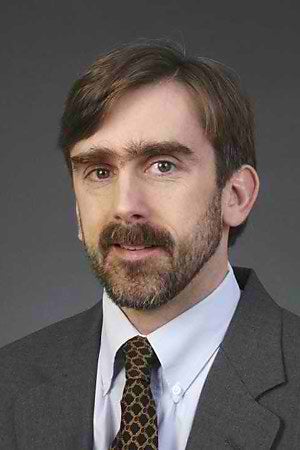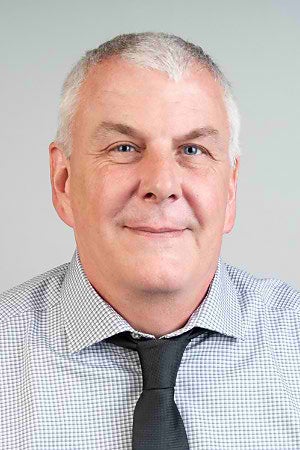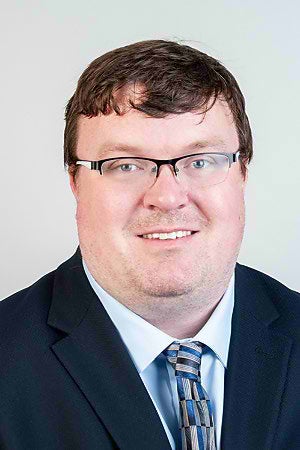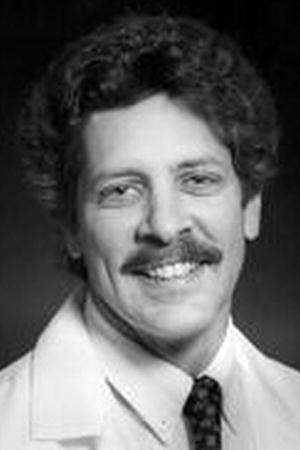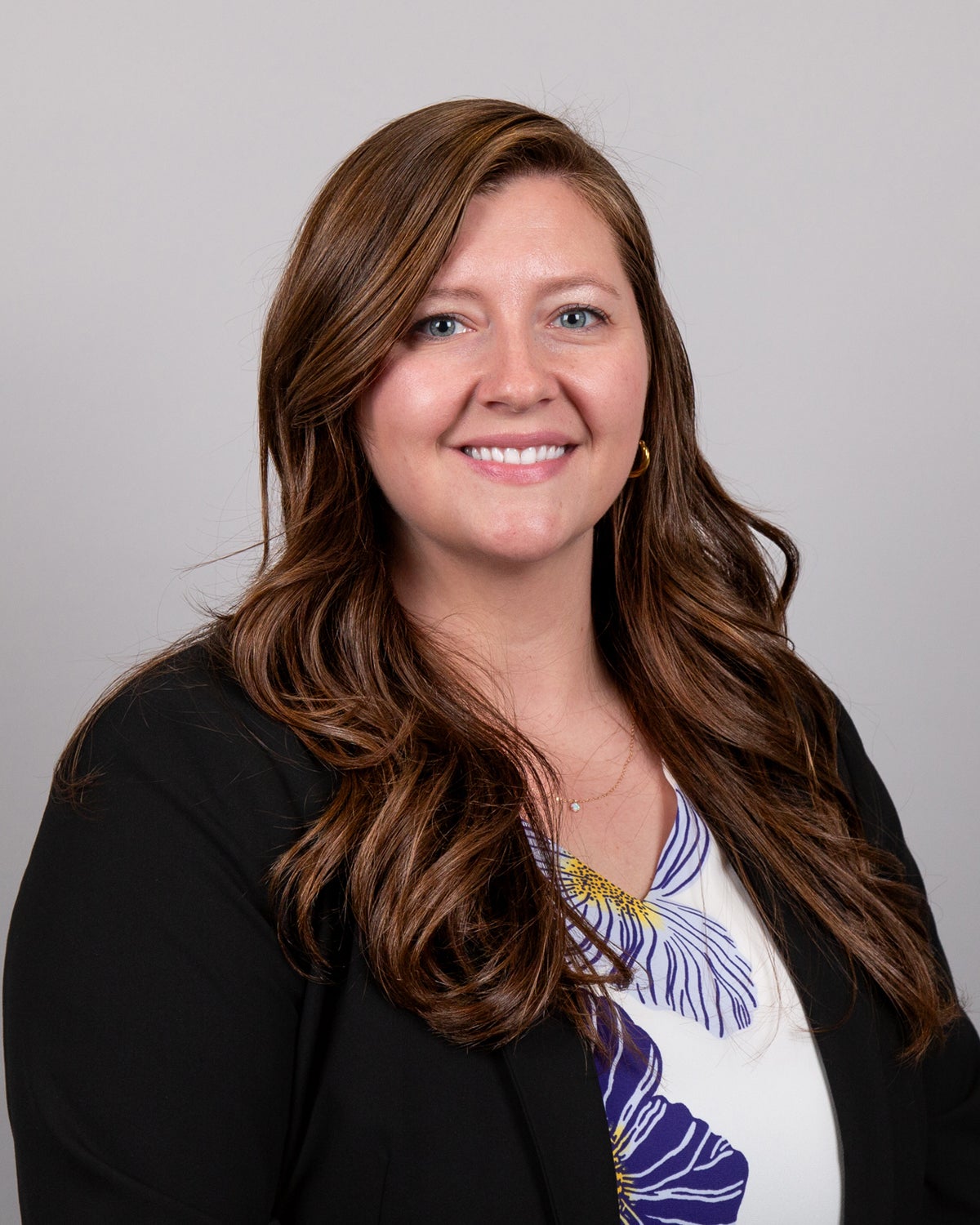O’Connor Hospital
Emergency Department: (607) 746-0300
Patient Information: (607) 746-0412
Inpatient Services Department: (607) 746-0412
Risk Management / Patient Safety: (607) 322-0932
Patient Representative Service: (607) 547-3912
Nationally Recognized with 2025 Performance Leadership Award — Learn More
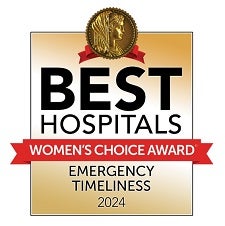
O’Connor Hospital Receives the 2024 Women’s Choice Award® as One of America’s Best Hospitals for Emergency Timeliness
O’Connor Hospital is nationally recognized for outstanding emergency care with the Women's Choice Award®. We are proud to be ranked among the top 13% of hospitals nationwide for the shortest ER wait times.
Outpatient Services
O’Connor Hospital offers a comprehensive set of specialty care clinics provided by Bassett Healthcare Network practitioners:
- Cardiology
- Optometry
- Orthopedics
- Podiatry
- Pulmonary Medicine
- General Surgery
- Ambulatory (Same Day) Surgery
- Urology
- Vascular Surgery
- OB-GYN & Women’s Health
- Plastic & Reconstructive Surgery
- Rehabilitation (Outpatient, Inpatient, and Swing Bed)
- Endoscopy
- Endocrinology
Restorative / Rehabilitative Swing Bed Programs at O’Connor Hospital
Bassett Healthcare Network offers a range of services to help you gain back your strength and independence. After entering the initial recovery period following surgery, our rehabilitation staff and social workers will provide you with everything you need - whether it's physical therapy, meal planning, or even a new hairdo - to help you start to feel like yourself again. We call it our "swing bed" program; you'll call it a great way to get back on your feet.
Swing Bed, a program that is unique to O'Connor Hospital in Delhi, provides patients with a peace of mind as they heal that's close to home. Once transitioned to a swing bed, the patient will receive oversight from our qualified hospital staff while being encouraged to become more independent in their own care. Physicians visit one or two times weekly and are available for consultation.
Examples of Swing Bed Care
- IV or nutritional therapy
- Pain management
- Recovery from major surgery, joint replacement, vascular, or abdominal surgery
- Repeated hospitalizations that result in a need for strengthening
- Wounds that are not healing well or require special care
O’Connor Hospital Nationally Recognized with 2025 Performance Leadership Award

O’Connor Hospital is recognized with the 2025 Performance Leadership Award from The Chartis Center for Rural Health. The Performance Leadership Awards program recognizes top performing rural hospitals in Quality, Outcomes, and/or Patient Perspective. O’Connor Hospital is recognized in both the Quality and Patient Perspective categories.
O’Connor Outpatient Pharmacy Delhi
A wide range of medications are available at O’Connor Outpatient Pharmacy Delhi, and many items can be ordered for the next day, if needed.
To speak with the pharmacy team at O'Connor Hospital, please call (607) 746-0337.
- Hours: Monday — Friday, 8:00am — 5:30pm; Saturday, 8:00am — 2:00pm
Naloxone Nasal Spray is Available at All Bassett Outpatient Pharmacies Without a Prescription
Naloxone nasal spray is available at all Basset Health outpatient pharmacies and many retail and community pharmacies without a prescription. Naloxone, often referred to by the brand name Narcan, is an opioid antagonist that temporarily reverses the effects of both prescription and illegal opioids. It is highly effective as an emergency treatment in cases of known or suspected opioid overdose.
Drug Collection Kiosk at O'Connor Hospital's Outpatient Pharmacy
We're proud to offer drug collection kiosks at various locations throughout our network to help our community members clean out their medicine cabinets safely! Just bring your unneeded, unwanted, and/or expired medications to any of these kiosks for free, safe disposal — no questions asked.
At O'Connor Hospital, the drug collection kiosk can be found next to the outpatient pharmacy.

- This service is open to the public — you do not need to be a Bassett patient to participate.
- The program covers over-the-counter, prescription, and veterinary (pet) medications.
- Only pills and liquids can be deposited in the kiosks. Inhalers and sprays should be brought to one of the pharmacy locations to be collected at the pharmacy window.
- This program does not accept needles and other sharps. Patients should ask their primary care provider about properly disposing of sharps.
- Participants should only deposit medications prescribed to themselves, a dependent, or someone who is deceased.
- Medications do not need to be in their original containers.
- Thousands of Americans call poison control lines, get admitted to the hospital, or die each year due to home medication errors or accidental consumption. Eliminating unneeded medications can save lives — especially those of children, elderly people, and pets.
- Prescribed painkillers are often sought out by people struggling with addiction. Disposing of unneeded pain medications can help fight the opioid epidemic.
- Medications dumped in landfills or flushed down toilets contaminate soil, groundwater, rivers, and oceans. Returning drugs to hospitals and pharmacies to be properly disposed of protects wildlife and community water supplies.
